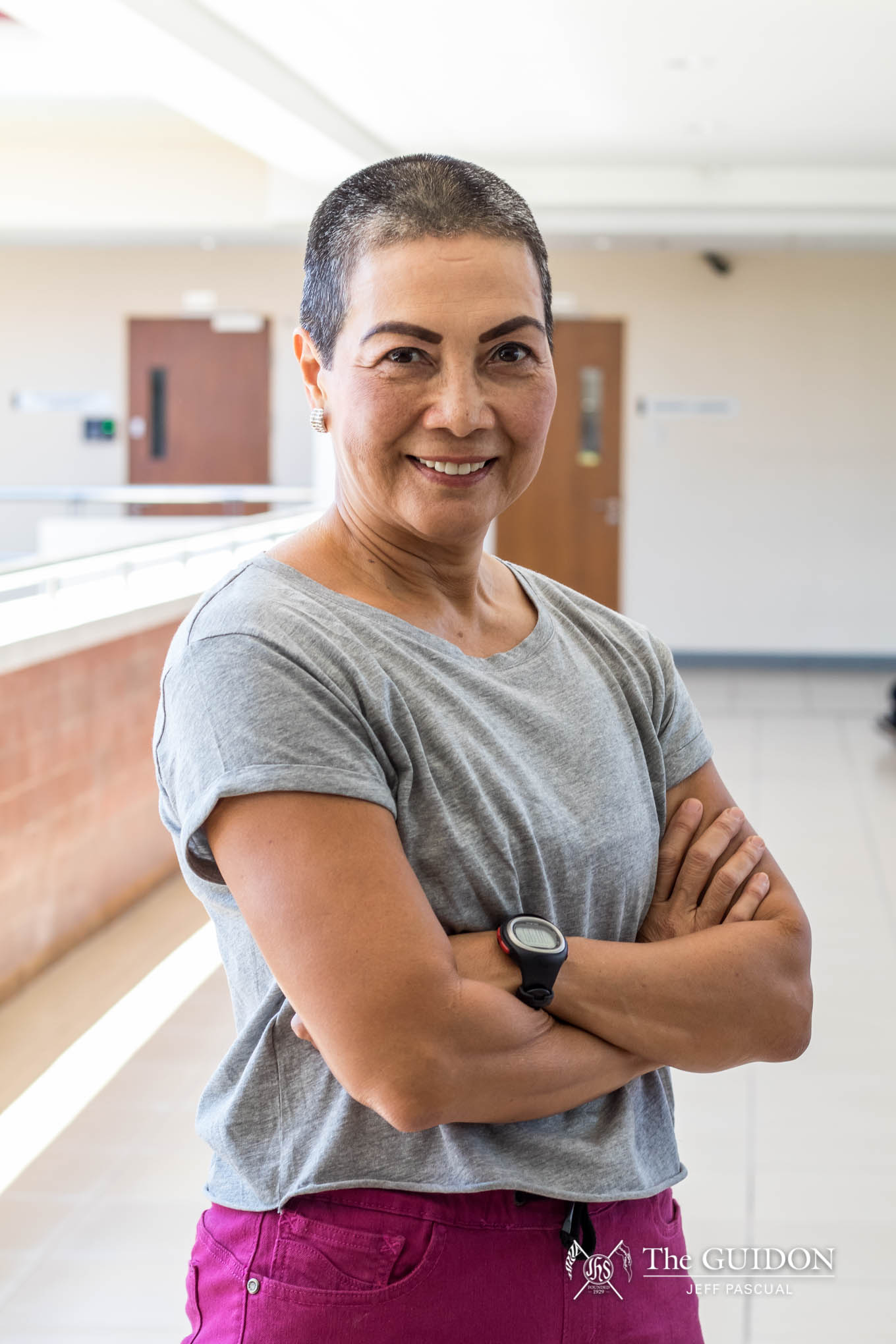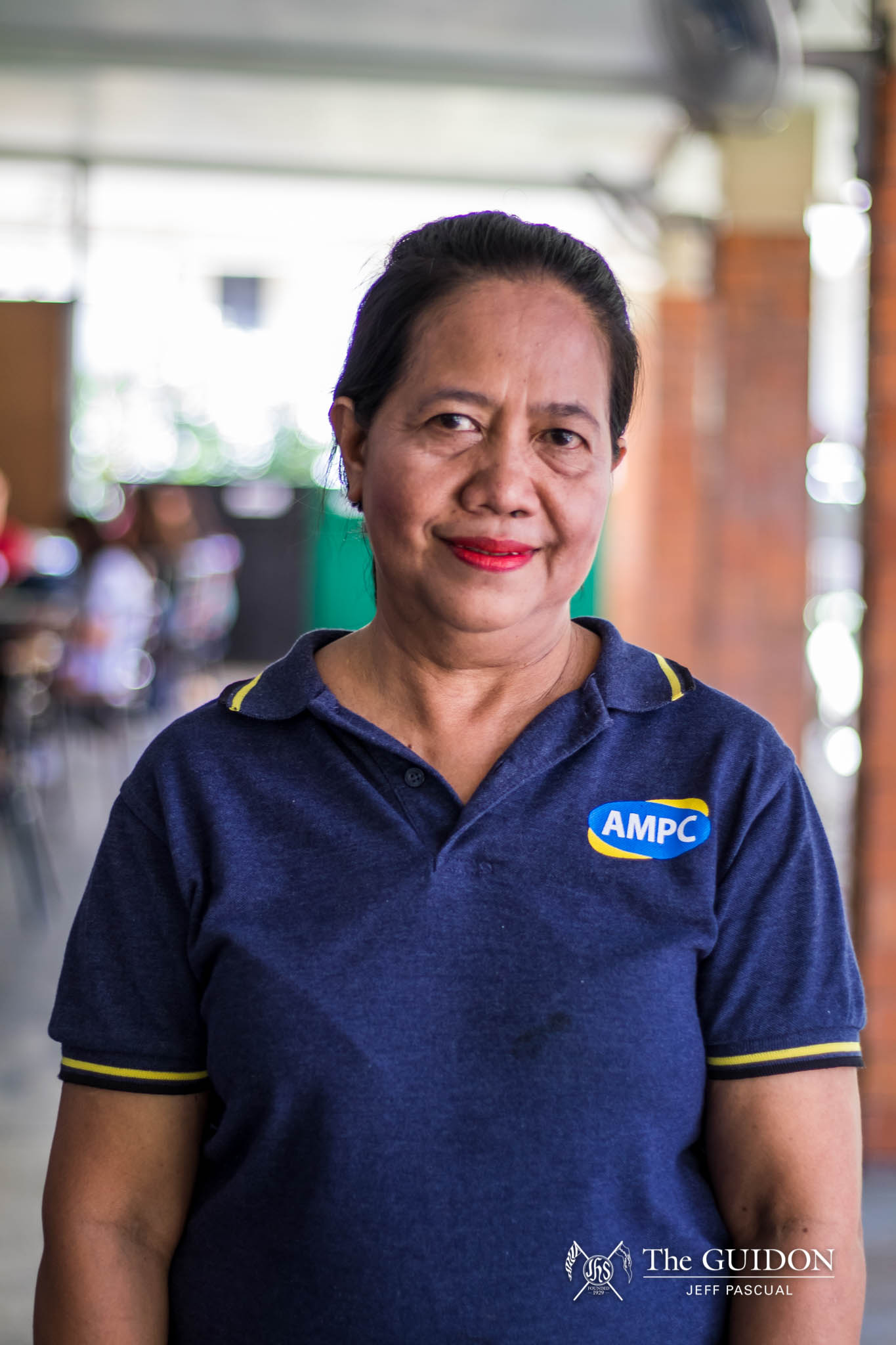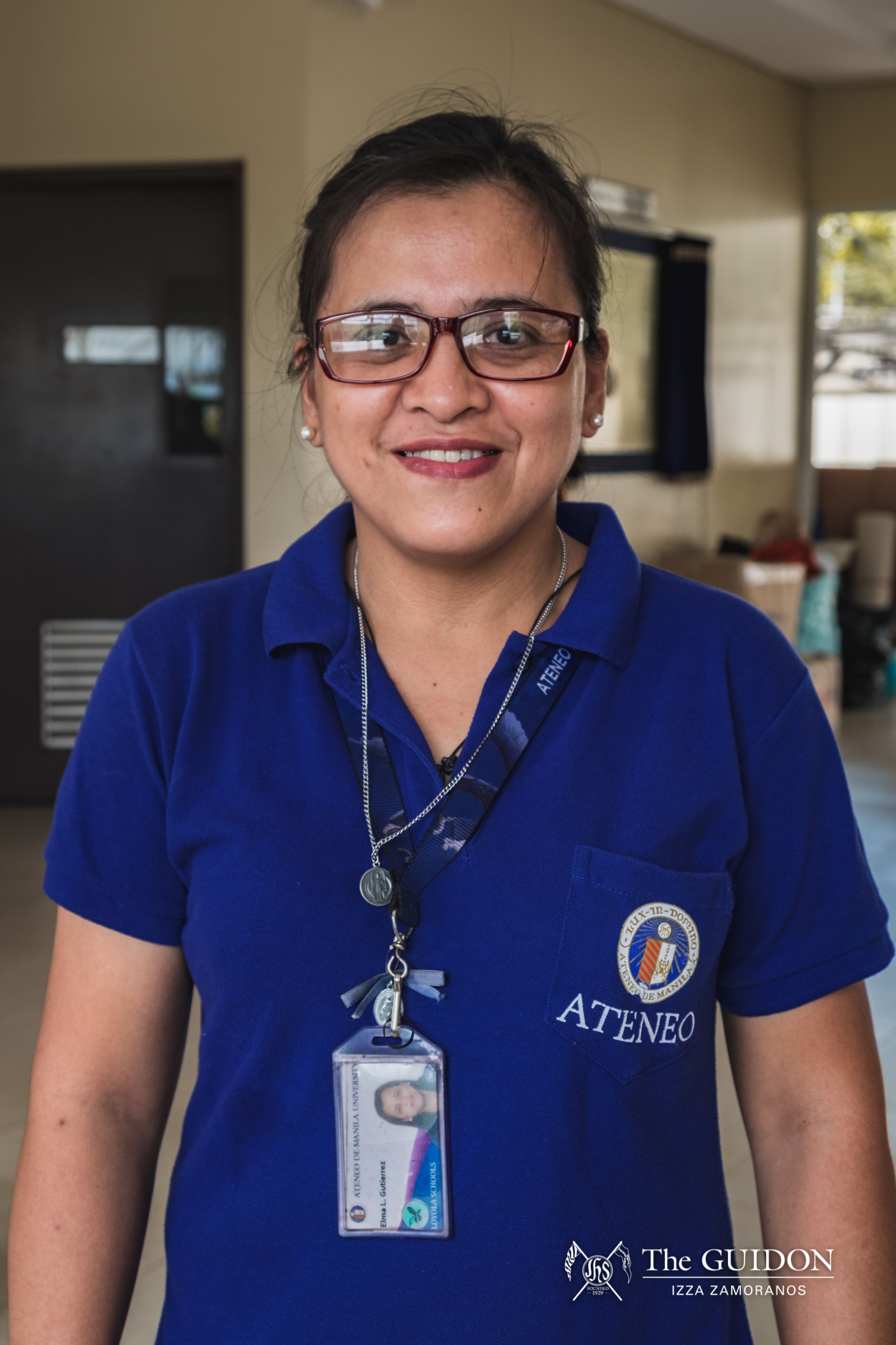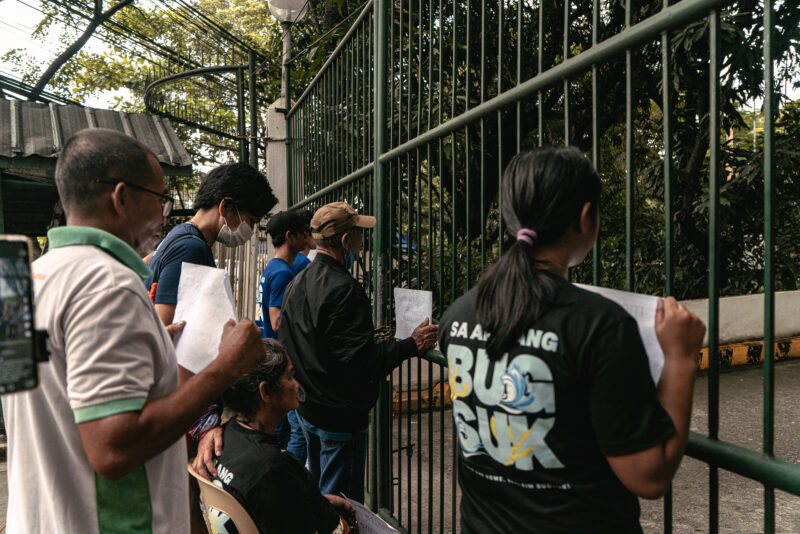The Ateneo has molded diverse people who, through their passion and selflessness, have affected the lives of others.
With the matter of gender roles spurring within different institutions, these women have not only shown their capabilities but have also become instruments to social change by promoting equality in society.
Many avenues such as media, education, and service, particularly within the community, have enabled these women to receive more recognition with regards to the impactful contributions they make.
Through various ways such as partaking in the arts, and joining the academe as well as the labor force, influential women have shaped the empowerment of fellow women in the Ateneo.
Clara Cayosa

Clara Cayosa (BFA ID ‘16) is best known for creating the Ateneo Women’s Desk (AVOW) which helps address and prevent sexual harassment cases in the Ateneo. According to her, “avow,” meaning to assert or confess openly, could be interchanged with AVAW, which stands for Anti-Violence Against Women.
Cayosa’s initiative stems from women’s fear to speak up about sexual harassment. According to her, sexual harassment still occurs in classrooms and organizations. She says, however, that “what is great now is there is an avenue for students to voice out their concerns.”
“The dream is that hopefully there will come a time when the Women’s Desk will cease to be a necessity in Ateneo, or better, in Philippine society,” Cayosa adds.
As an Information Design alumna, Cayosa notes the importance of design solutions in society. “I made it a point that my thesis design project should actually solve something, and not just merely for awareness,” she says.
“Little design decisions can be easily dismissed as minute, but I think it has the potential to create huge impact even if we seldom even notice it at all,” Cayosa says.
Missy Maramara

Theatre Performance professor Missy Maramara (BFA Theatre Arts ‘02) has become a paragon of women empowerment in the theatre scene, from doing vagina monologues—episodic plays that tackle women’s various sexual experiences—to professionally acting, directing, and teaching at the same time. “I [have been acting] for as long as I could remember,” she says.
Just as media platforms have become avenues for people to push for social movements, Maramara has helped make theatre a springboard to women empowerment. “[Theatre] is a male-dominated industry, but a lot of women have been making a difference and rising up,” she says.
Together with feminist group New Voice Company, Maramara brought the Vagina Monologues in the Ateneo in 2002. This generated a lot of controversy then, but she says that “[the administration] wasn’t unbending.”
“They were very open to dialogue and I thought it was very productive,” she says.
Theatre has offered various opportunities for people to express knowledge and experiences. Maramara puts the importance of reevaluating our values in the context of theatre, especially in a society where morality and traditional values are reinforced as the norms.
“[By lending] our hearts to characters, [and seeing] where they’re all coming from, we are able to open our mindset, our hearts, [and] our perceptions of what it means to be human,” she says.
Matec Villanueva

The glass ceiling that has prevented women from ascending in advertising has already been broken. According to Matec Villanueva, an advertising veteran and part-time Law and Marketing lecturer, being a woman in the Philippine advertising industry is actually an advantage. She pins this advantage on women’s “attention to detail.”
“Most women make good account people because we’re the ones in charge of the details. We’re in charge of the business,” she says.
Despite initially having no intention to pursue advertising, Villanueva has established herself as a prominent figure in the field, with CNN Philippines even hailing her as “one of the giants of Philippine advertising.” Her impressive career can be attributed to her mindset.
“I embraced my client’s business like it was mine,” she says, citing how she makes her client’s concerns, her concerns as well. “I’m not [the client’s] agency. I’m [the client’s] partner,” she adds.
Villanueva’s remarkable career is accompanied by an equally remarkable private life. The advertising executive is also a mother who cares for two differently-abled sons. “My children are my personal life,” she explains, detailing how she stays healthy and continues to work for her sons. To keep her career going, Villanueva adds that she intends to pursue a master’s degree, saying, “for as long as I can keep doing, I will.”
Rosenda Gadaingan

Perseverance, service, and loyalty has brought endless blessings to Rosenda Gadaingan or Ate Rosie, counter supervisor of the Ateneo Multi-Purpose Cooperative (AMPC) at the Gonzaga cafeteria.
In her 35 years of service, Gadaingan has gotten her children through college. “Minahal ko ‘tong trabahong ‘to kasi ito na talaga ‘yung buhay ko. Dito ko lahat pinursige para mag-aral ‘yung mga anak ko (I loved this job because this became my life. I persevered in this so that my children could study),” she says.
Like other marriages, Gadaingan has experienced conflicts with her husband. It came to a point where she was forced to stop working because one of them needed to look after their children.
“Sabi ko [sa kanya], ‘indi ko kailangang huminto kasi kailangan kong ipagpatuloy ang pag-aaral ng mga bata’ (I told him, ‘I don’t need to stop working because I have to maintain our children’s education’),” she explains.
Gadaingan emphasizes the importance of sharing responsibilities whether in the household or in work. “Kailangan kung ano kaya ng lalaki, kaya ko rin (Whatever a man can do, I can do as well),” she says.
Elma Gutierrez

Like any mother, she is dedicated to her children, yet Elma Gutierrez is far from the typical parent. Gutierrez has been working for the Ateneo as a member of its maintenance staff for eight years. She can easily be spotted working at the University Dormitory while her husband, a fellow member of Ateneo’s maintenance staff, works at the Ateneo Grade School.
For most people, Gutierrez’ situation may seem far from ideal. She, however, has managed to make it work to her family’s advantage, with all four of her children studying in the Loyola Schools thanks to the school’s scholarship program.
Demonstrating what it means to be an empowered woman, Gutierrez has also been spotted participating in the recent Ateneo Employees and Workers Union (AEWU) strike. She explains that she is merely standing up for herself and the Union. “Karapatan namin na ipaglaban kung ano ang nararapat para sa amin (It’s our right to fight for what we are entitled to).”
Moreover, Gutierrez and her actions prove that being an empowered woman does not mean having to perform extraordinary tasks. Instead, she proves that loving one’s family and standing up for what one deserves is enough to make a woman truly empowered.
Closing the gap
The gender gap is not expected to close until over a hundred years from now—a stark reminder that sexual discrimination and gender inequality are complex issues that cannot be solved overnight.
A problem as grave as this requires pressing solutions that demand everyone take part and be involved. Because the fight to recognize the achievements and contributions of women is happening in all corners of the globe, it is extremely difficult for this struggle to be ignored. A broad and extensive movement such as this demands that everyone be held accountable. Empowering women cannot be confined to a few. Regardless of gender, it is everyone’s responsibility to push for the advancement of women’s rights.
Although far from perfect, the Philippines is regarded as one of the world’s most gender-equal countries—a sign that the empowerment of women is well within reach and a reminder for many to remain optimistic in the struggle towards true equality.
What do you think about this story? Send your comments and suggestions here: tgdn.co/2ZqqodZ







